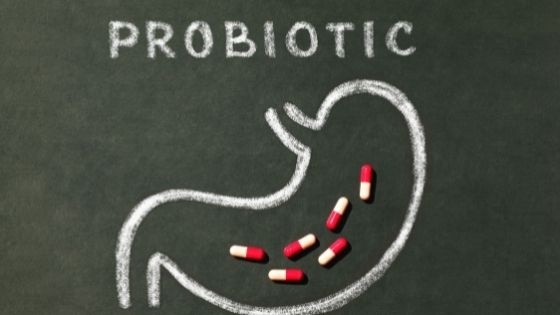Because of the numerous health benefits that probiotics have, its market continually expands daily. However, with the growth comes a lot of misunderstandings, myths, and misconceptions about their use and effects.


Some of the common myths and misconceptions about probiotics include;
1. All probiotics are the same
There are different probiotic bacteria strains, and all have different properties. The health benefits that people get from using probiotics depend on the bacteria strain in the products.
The difference in bacteria strains is why there are different probiotic products all meant for different things.
Also, there are differences in the probiotics you find in chemists or supermarkets and those you get from your doctor. The probiotics that you get from your doctor are mainly from nutritionists or naturopaths.
These, compared to those in chemists and supermarkets, are usually high-quality human strains, with proof of temporary colonization of the gut.
Those in chemists and supermarkets may have no evidence of benefits, might not be human strains, or may not have undergone quality tests.
2. Probiotics with more bacteria are more effective
This is one of the misconceptions that some sellers will use to lure customers into buying their products. However, a probiotic product having more bacteria does not mean that it is more effective than one with fewer bacteria.
Some probiotics need fewer bacteria to give the desired effects, and some need more bacteria. Therefore, the level of bacteria depends on what the probiotic intends to do and the bacteria strain. For example, if you need probiotics to stop recurring BV, you need to consult your gynae for that.
3. You should only use probiotics if you have a stomach upset
Since probiotics don’t colonize the gut permanently, the beneficial bacteria that they introduce in the gut disappear after two weeks.
While you get a therapeutic effect as you take probiotics, they also have long-term benefits because they support the growth of the beneficial microbes for a longer period.
4. If probiotics don’t fix your problems, they don’t work
Sometimes, the symptoms you had before taking the probiotics may not go away after taking probiotics. However, that does not mean that they don’t work.
It could mean that you have excess bacteria in your small intestines, which could be the reason why those symptoms like diarrhea, weight loss, and malabsorption are still there. If this happens, you should visit your doctor for a checkup.
5. Probiotics cancel out your antibiotics
Sometimes your doctor may suggest that you take probiotics after an antibiotics course. However, that does not mean that the probiotics cancel out the antibiotics or hider their effects.
Instead, they help balance out the bacterial levels because antibiotics could sometimes cause a bacterial imbalance.
So long as you take the two in intervals of a couple of hours, they do not affect each other in any way. You can also consider taking strains like Saccharomyces Boulardii, which is not affected by antibiotics.
6. Probiotics only benefit the gut
While probiotics’ benefits are mainly connected to the gut, they also offer benefits for the nervous system and gut. They could also be beneficial for the skin and other bodily functions.
7. Only adults can use them
Probiotics also have numerous benefits in children, with some strains showing positive results in reducing the number of sick days among kids. If you are a woman looking for the perfect probiotics, then products like Probulin Women’s Health Probiotic capsules are the ones you should try.
















